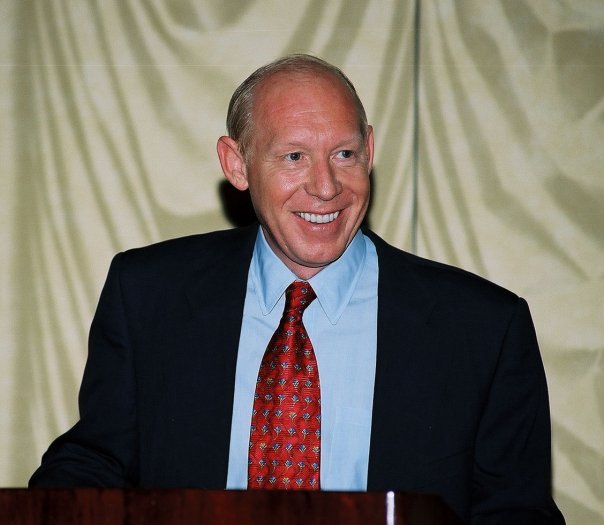“The point of all this is to protect the public and the environment, to have clean air, and the TCEQ, for the Texas Clean Air Act, envisions that it be vigorously enforced,” [Houston attorney Robert] Higgason said. “This is what the statute makes reference to — cities being allowed to enact and enforce their own ordinances to achieve the goal of the Texas Clean Air Act.”
BCCA Appeal Group, a coalition of industrial facility owners including ExxonMobil, the Dow Chemical Company and ConocoPhillips, has sued to strike down the ordinances, arguing Houston is exceeding its authority under state law.
“The Legislature has already addressed what cities can do to address this problem…and they’ve turned what should be an administrative and civil regime, that should be consistently applied, into a local criminal statute,” BCAA attorney Evan Young argued. “To convert it from something very different from what the Legislature intended degrades and erodes the meaning of the act.”
[…]
Higgason repeatedly argued that it was incumbent upon cities like Houston to enforce the clean air act where the state agency is unable to do so. “If the TCEQ is letting something go, and not enforcing its own standards, there’s something wrong with that,” Higgason said.
Justice Eva Guzman, a former Harris County district and appellate judge, challenged his stance, asking if local actions might compromise the TCEQ’s right to use discretion in enforcement. She said the TCEQ’s sluggish ability to respond to air pollution violators was not necessarily Houston’s concern.
“When cities exercise their own discretion, that discretion could or could not be consistent with what the TCEQ would have done under their regime,” Guzman said. “It seems to me like that defeats your argument.”
Young emphasized that Houston was indeed allowed to enforce the state’s regulations — so long as it used the state’s preferred method of civil enforcement actions in civil courts.
In contrast, the Houston ordinances allow polluters to be charged in criminal courts, with convictions leading to a range of penalties including fines up to $2,000 per violation for repeat offenders.
“If we’re going to have a statewide, uniform comprehensive regulatory regime that actually gives predictability, it is essential that the TCEQ be involved in that decision-making,” Young said. “If a city wants to enforce the regulations in court, it can do that — by bringing a civil suit.”
See here for the background. The Press, which takes a closer look at the plaintiffs in this action, notes that the stakes are higher than they might appear.
What’s intriguing about this case is that the outcome might ultimately do more than just decide whether Houston has the right to regulate its own air quality. The case gives the Texas Supreme Court the chance to wade into a seldom-explored area of law looking at whether cities have the right to enact local regulations without clashing with state law, according to Law360. Should the high court decide in favor of Houston’s ordinance, that, for instance, could potentially give the city of Denton some legal legs to bring back its anti-fracking ordinance. (Hester, however, contends the chances of that happening are still slim.)
But a ruling against Houston would limit the city’s ability to enact environmental regulations and that would mean the TCEQ would be the agency deciding how to penalize companies that pollute in Houston. “It’s really a question of who gets to make the call on what type of enforcement should take place,” [Tracy Hester, an environmental law professor at University of Houston] says. “If the ordinance is upheld and the city feels like an enforcement action doesn’t address their concerns, then they will be able to have their own enforcement actions.”
So there’s that. Doesn’t make me feel any more optimistic about the likely outcome, that’s for sure. Hope for the best, of course, but I’m not expecting it.

